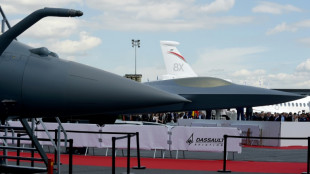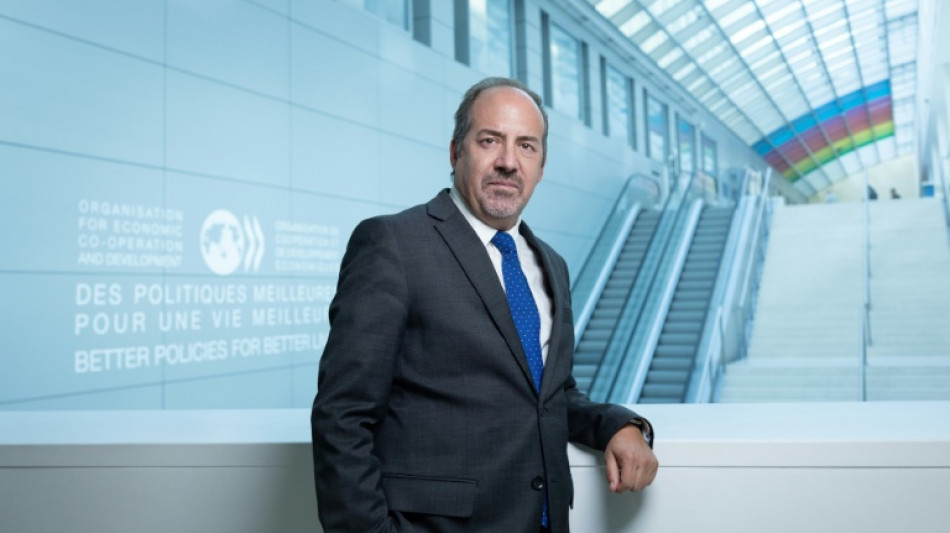
-
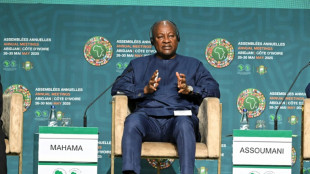 Ghana deports at least six west Africans expelled by US to Togo
Ghana deports at least six west Africans expelled by US to Togo
-
Bradley admits thoughts linger about having played in Ryder Cup

-
 EU queries Apple, Google, Microsoft over financial scams
EU queries Apple, Google, Microsoft over financial scams
-
Former umpire Harold 'Dickie' Bird dies aged 92

-
 Cycling worlds bring pride to African riders despite disadvantages
Cycling worlds bring pride to African riders despite disadvantages
-
Stocks diverge with eyes on key economic data

-
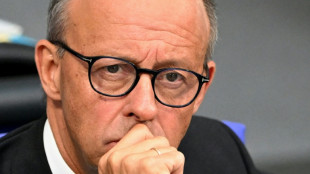 German business groups pressure Merz over ailing economy
German business groups pressure Merz over ailing economy
-
Drone flights 'most serious attack' on Danish infrastructure, PM says
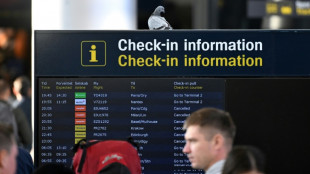
-
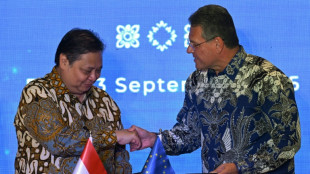 Indonesia, EU sign long-awaited trade deal
Indonesia, EU sign long-awaited trade deal
-
Howe confident Newcastle will find 'X factor'

-
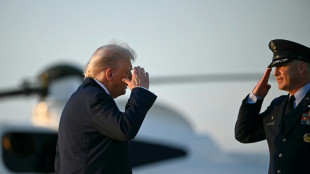 Trump returns to UN podium and Zelensky talks
Trump returns to UN podium and Zelensky talks
-
Tech migrants 'key' for US growth, warns OECD chief economist

-
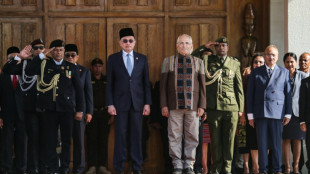 East Timor to become ASEAN bloc's 11th member in October
East Timor to become ASEAN bloc's 11th member in October
-
OECD ups world economic outlook as tariffs contained, for now
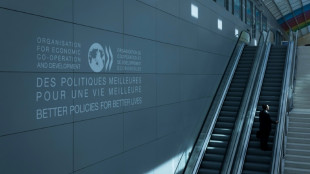
-
 India bids tearful farewell to maverick musician
India bids tearful farewell to maverick musician
-
Sunset for Windows 10 updates leaves users in a bind
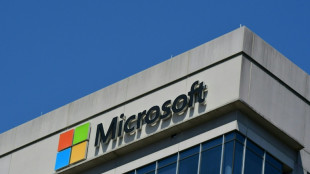
-
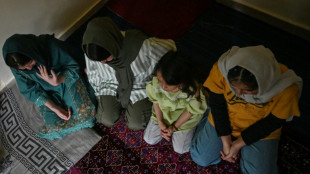 Hopes of Western refuge sink for Afghans in Pakistan
Hopes of Western refuge sink for Afghans in Pakistan
-
'Real' Greek farmers fume over EU subsidies scandal
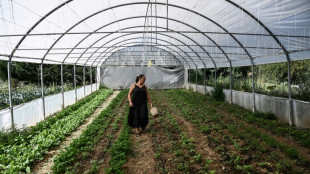
-
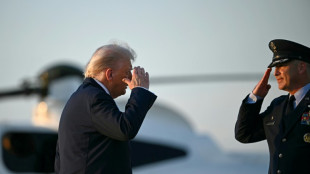 Trump to see Zelensky and lay out dark vision of UN
Trump to see Zelensky and lay out dark vision of UN
-
US lawmaker warns of military 'misunderstanding' risk with China
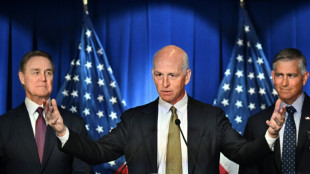
-
 Emery seeks Europa League lift with Villa as Forest end long absence
Emery seeks Europa League lift with Villa as Forest end long absence
-
Egypt frees activist Alaa Abdel Fattah after Sisi pardon
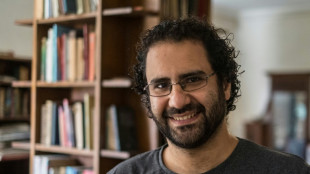
-
 Gibbs, Montgomery doubles as Lions rampage over Ravens
Gibbs, Montgomery doubles as Lions rampage over Ravens
-
Asian markets struggle as focus turns to US inflation

-
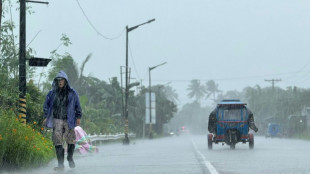 Schools shut, flights cancelled as Typhoon Ragasa nears Hong Kong
Schools shut, flights cancelled as Typhoon Ragasa nears Hong Kong
-
Maverick Georgian designer Demna debuts for Gucci in Milan

-
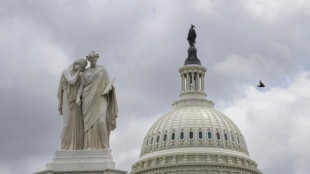 What do some researchers call disinformation? Anything but disinformation
What do some researchers call disinformation? Anything but disinformation
-
Jimmy Kimmel show to return Tuesday

-
 U.S. Polo Assn. Supports the XV Federation of International Polo European Polo Championship as Official Apparel Partner
U.S. Polo Assn. Supports the XV Federation of International Polo European Polo Championship as Official Apparel Partner
-
Singapore firm rejects $1bn Sri Lankan pollution damages

-
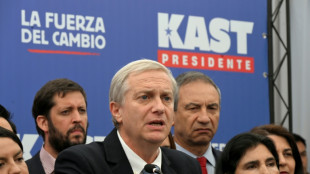 Chile presidential contender vows to deport 'all' undocumented migrants
Chile presidential contender vows to deport 'all' undocumented migrants
-
China may strengthen climate role amid US fossil fuel push
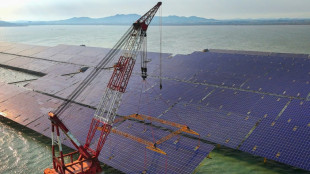
-
 Ryder Cup captains play upon emotions as practice begins
Ryder Cup captains play upon emotions as practice begins
-
Bradley defends US Ryder Cup player payments as charity boost

-
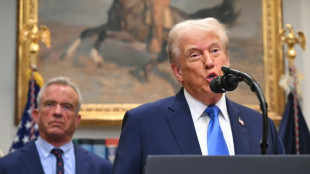 Trump ties autism risk to Tylenol as scientists urge caution
Trump ties autism risk to Tylenol as scientists urge caution
-
Dembele beats Yamal to Ballon d'Or as Bonmati retains women's award

-
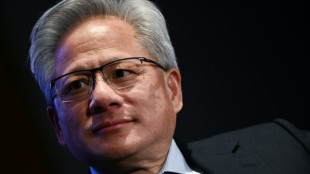 Strength in Nvidia, Apple helps lift US equities to new records
Strength in Nvidia, Apple helps lift US equities to new records
-
Man City 'keeper Donnarumma says would have stayed at PSG

-
 49ers ace Bosa to miss season after knee injury: reports
49ers ace Bosa to miss season after knee injury: reports
-
Canada wildlife decline 'most severe' in decades: WWF

-
 PSG star Dembele wins men's Ballon d'Or
PSG star Dembele wins men's Ballon d'Or
-
Napoli beat battling Pisa to maintain perfect Serie A start

-
 Spain's Aitana Bonmati wins Women's Ballon d'Or
Spain's Aitana Bonmati wins Women's Ballon d'Or
-
Jimmy Kimmel show to return Tuesday: Disney

-
 Marseille inflict first defeat of season on PSG in Ligue 1
Marseille inflict first defeat of season on PSG in Ligue 1
-
White House promises US-controlled TikTok algorithm
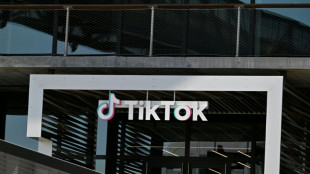
-
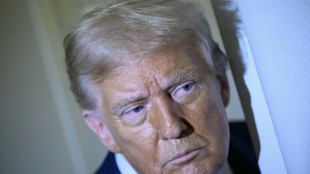 Trump expected to tie autism risk to Tylenol as scientists urge caution
Trump expected to tie autism risk to Tylenol as scientists urge caution
-
Macron recognizes Palestinian state at landmark UN summit

-
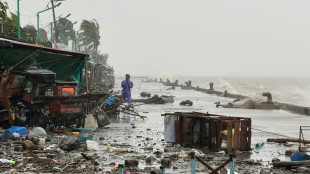 Hong Kong prepares for 'serious threat' from Super Typhoon Ragasa
Hong Kong prepares for 'serious threat' from Super Typhoon Ragasa
-
S. Korea court issues arrest warrant for Unification Church leader: Yonhap
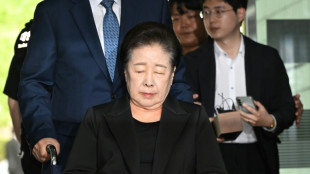

Tech migrants 'key' for US growth, warns OECD chief economist
High-skilled migrants are vital for the US economy, the OECD's chief economist told AFP, after the United States imposed a $100,000 fee for H-1B visas widely used by the tech industry.
Alvaro Pereira, who is leaving his post after being named governor of Portugal's central bank, spoke to AFP as the Paris-based organisation released an updated outlook for the world economy.
The Organisation for Economic Co-operation and Development, a 38-member grouping of wealthy nations, upgraded the forecast to 3.2 percent growth in 2025, up from 2.9 percent in its last report in June.
The OECD said the economy "proved more resilient than anticipated" in the first half of the year as companies rushed to import goods before US President Donald Trump's tariffs took effect.
It also raised the US growth outlook from 1.6 percent to 1.8 percent but warned it was expected to slow as higher tariffs start to bite.
The OECD said cuts in the US federal workforce and Trump's crackdown on immigration would also soften growth.
"There's obviously less labour growth and less labour growth means that obviously this will impact total GDP," Pereira told AFP.
He noted that the report was written before the new H-1B visa fee rule came into force over the weekend.
"We do think that continuing to attract high-skilled individuals from the United States or from around the world is a key strength of the US economy," Pereira said.
"This will only become exacerbated with the AI boom, because basically there's significant labour shortages in the ICT (information and communication technology) sector."
H-1B visas allow companies to sponsor foreign workers with specialised skills --- such as scientists, engineers and computer programmers -- to work in the US, initially for three years but extendable to six.
Such visas are widely used by the tech industry. Indian nationals account for nearly three-quarters of the permits allotted via lottery system each year.
The US and Germany are the two OECD countries with the highest labour shortage in the ICT sector, Pereira said.
- Tariff impact taking 'longer' -
The OECD report said the impact of Trump's tariffs had been mitigated by companies "front-loading" -- importing goods before the levies came into force.
"The impact of tariffs is taking longer to reach the economy," Pereira said.
"A lot of firms decided to act and export a stockpile (to) the United States ... to avoid the tariffs."
But he warned that the OECD was already seeing "less growth and more inflation" than expected.
"Usually when the world economy is doing really well, it's growing around four percent, so were far away from that," he said.
R.Kloeti--VB

